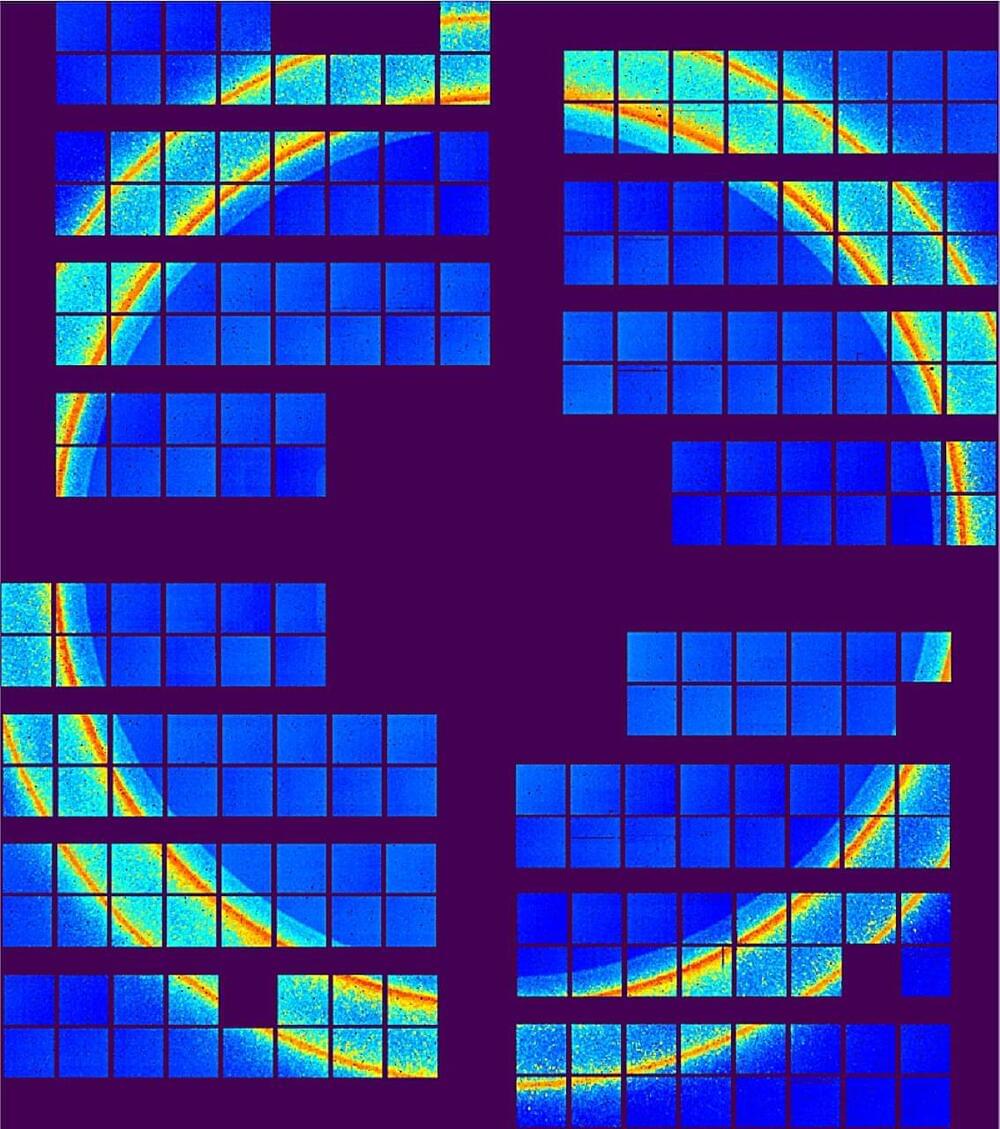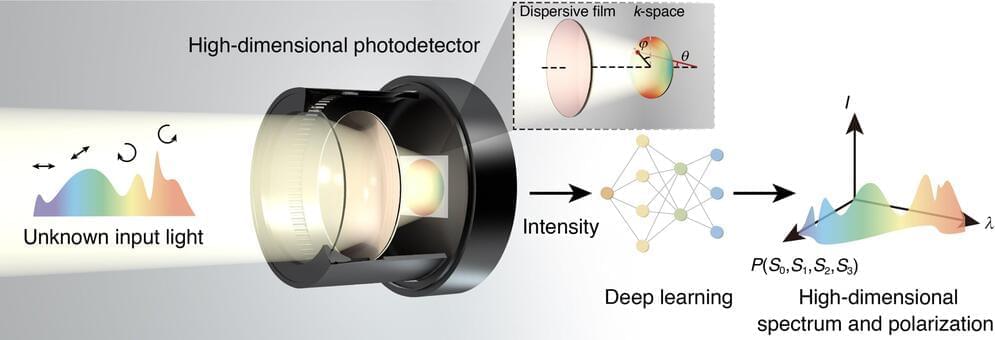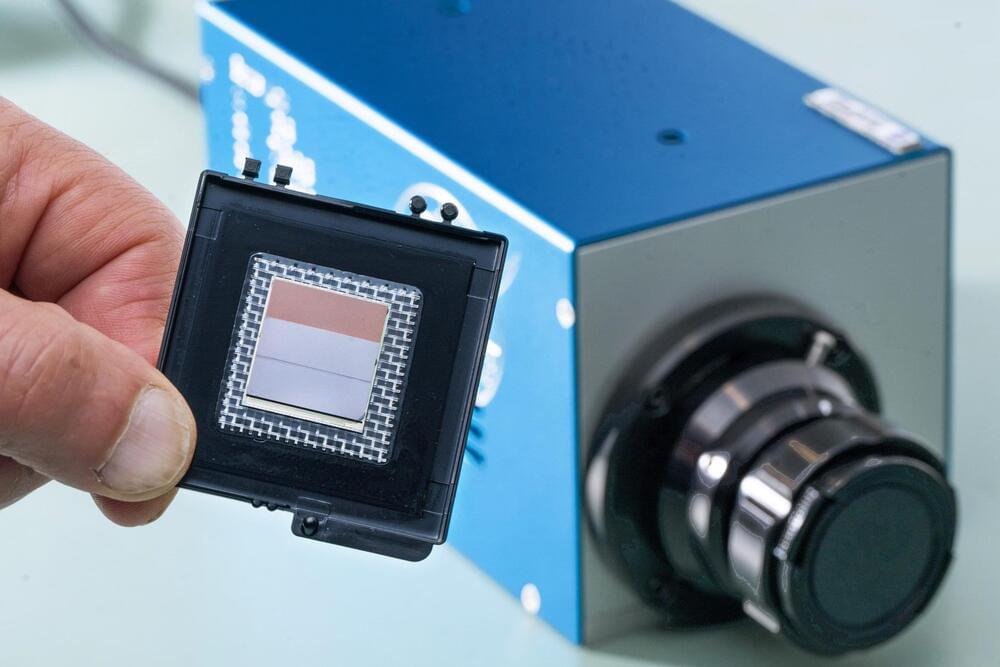
Enhanced neuron growth in the hippocampus, achieved through exercise or genetic methods, aids mice in forgetting strong, maladaptive memories, offering potential for new treatments for PTSD or drug addiction.
Researchers at the University of Toronto, Canada, and Kyushu University, Japan, discovered that enhancing neuron production and subsequently altering neural connections in the hippocampus—through exercise or genetic intervention—enables mice to forget memories associated with trauma or drugs. The findings, reported in the journal Molecular Psychiatry, could offer a new approach to treating mental health conditions like post-traumatic stress disorder (PTSD) or drug addiction.
PTSD is a mental health condition that can be triggered by experiencing or seeing a traumatic event, such as a natural disaster, serious accident, or attack. Worldwide, around 3.9% of the general population has PTSD, with symptoms including vivid flashbacks and avoidance behaviors, such as staying away from places or pushing away people that remind them of the traumatic event.


















